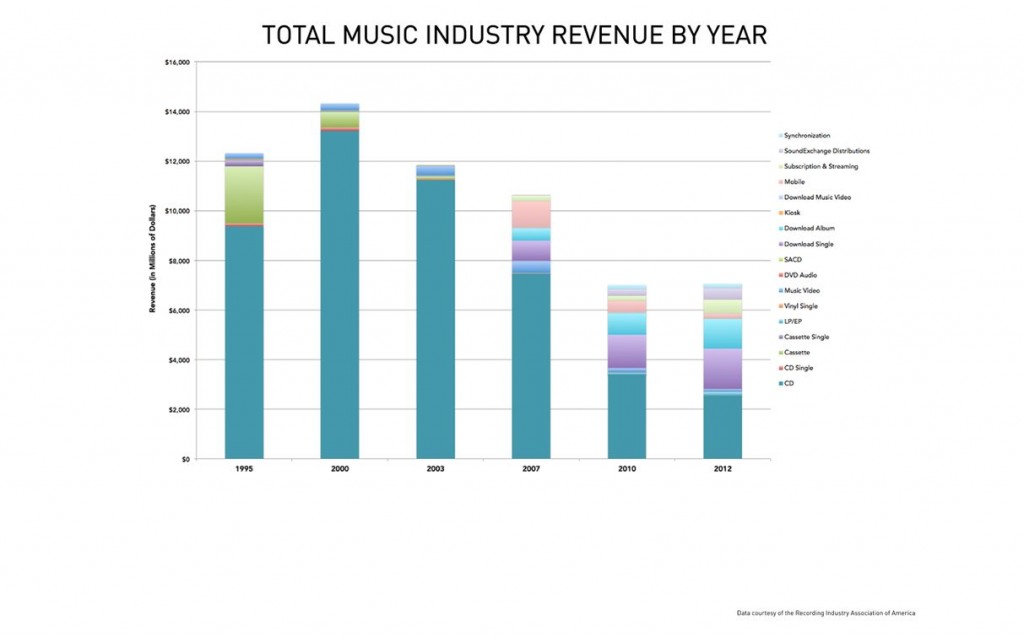Avid readers of this blog will know how much we believe and observe that the Fourth Revolution will transform existing institutions. Older institutions do fight back though – and often through the usage of existing regulations, which do in fact tend to reinforce the status quo.

A good summary of the issues faced by a number of startups that intend to radically change the economics of certain sectors such as taxi (Uber), accommodation (Airbnb) is available in this post ‘New innovators face backlash‘.
Issues related to tax that are faced by the web leaders such as Google and Amazon can be added to the evidence. In fact it is amazing how existing regulations promote stability. And hence do promote deep instability when changes are so significant that the former order of things can’t work any more.
Would the legislative inflation that can be observed in many countries nowadays be another sign of the resistance against the Fourth Revolution?
In any case, really disruptive innovations will necessarily hit existing regulations as they become significant enough to be noticeable. Those countries that will be flexible enough will succeed quicker in the transition to the Collaborative Age. Which are they?







 Our adventure started in October 2010 during the research for the book “the Fourth Revolution”. And it continued ever since, with a steady rhythm of 3 posts a week.
Our adventure started in October 2010 during the research for the book “the Fourth Revolution”. And it continued ever since, with a steady rhythm of 3 posts a week.


